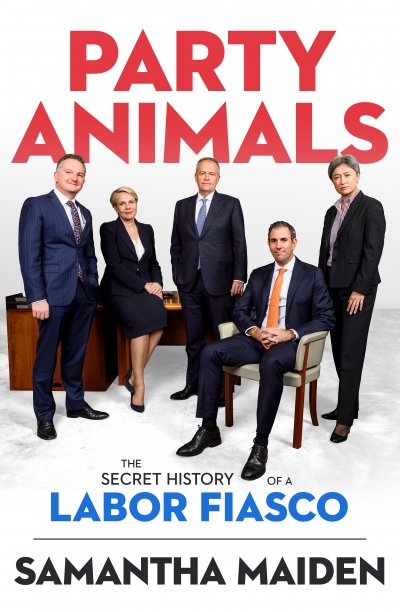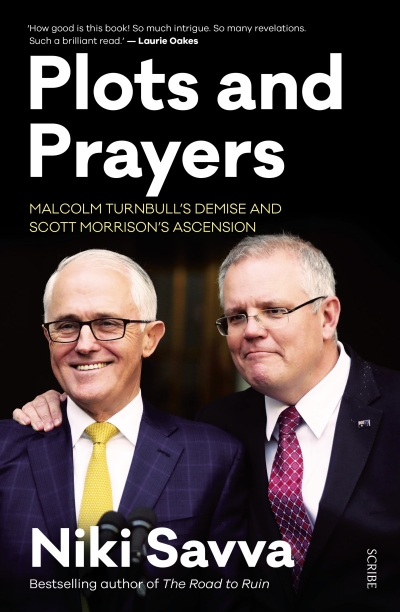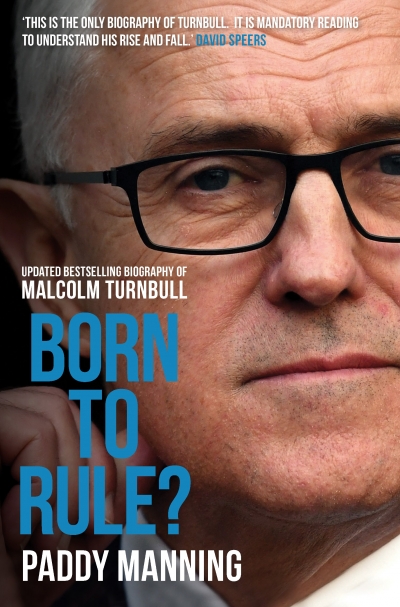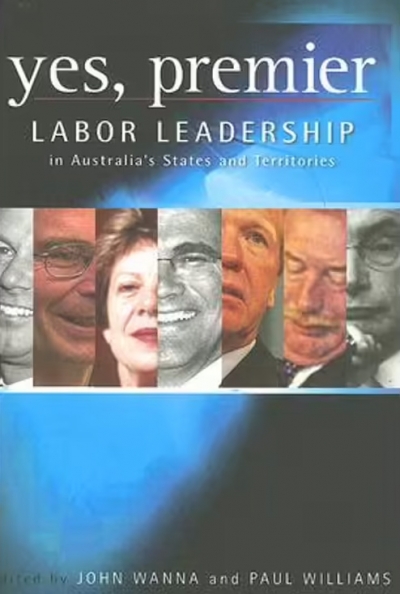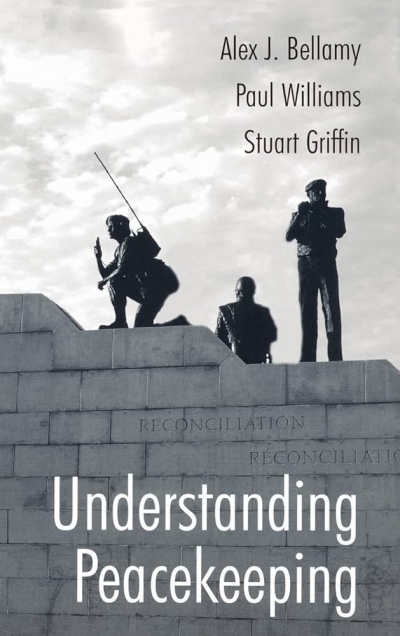Paul Williams
Party Animals: The secret history of a Labor fiasco by Samantha Maiden
by Paul D. Williams •
Plots And Prayers: Malcolm Turnbull’s demise and Scott Morrison’s ascension by Niki Savva
by Paul D. Williams •
Yes, Premier: Labor leadership in Australia's states and territories edited by John Wanna and Paul Williams
by Frank Bongiorno •
Understanding Peacekeeping by Alex J. Bellamy, Paul Williams and Stuart Griffin & Other People's Wars by Peter Londey
by Wayne Reynolds •

